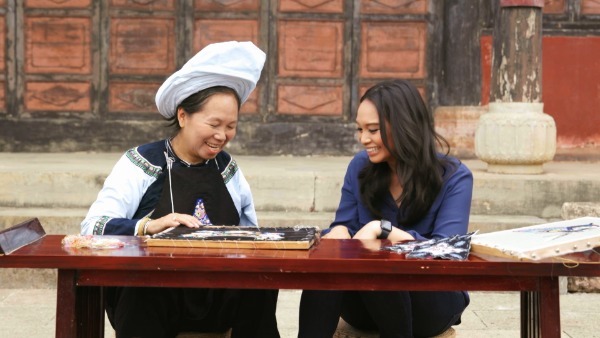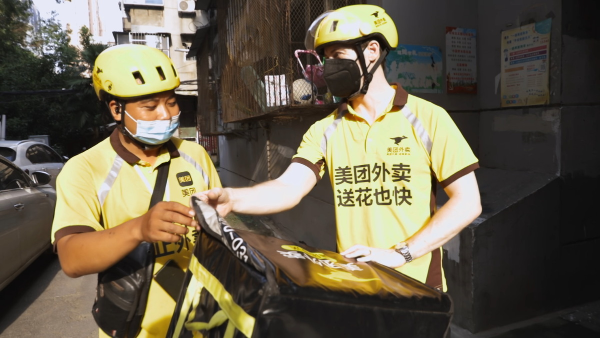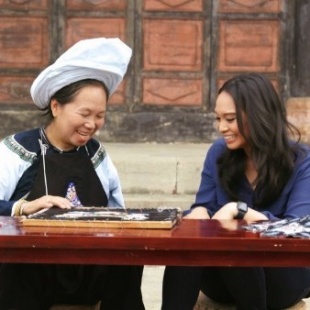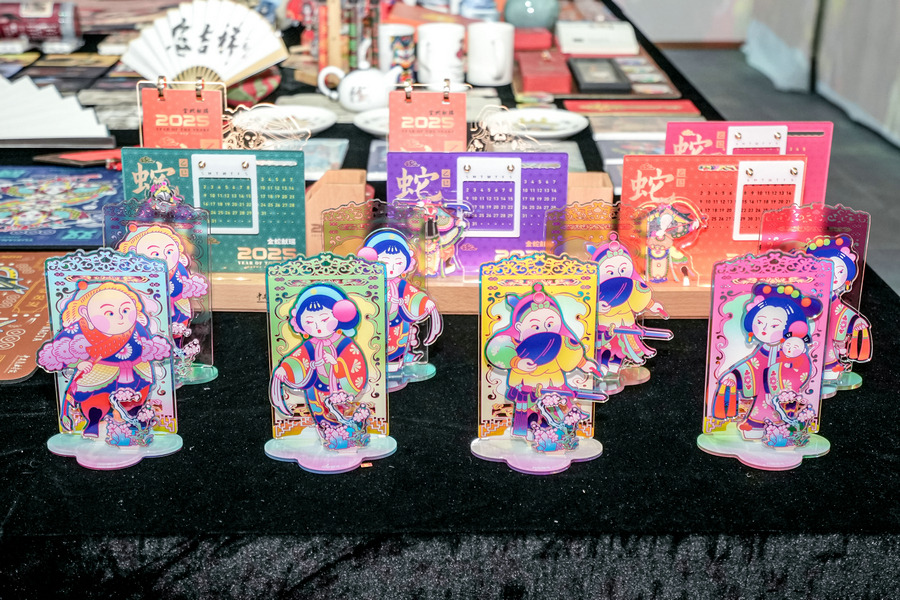A moving account of China's poverty alleviation


To prepare for the show, both the Chinese and British teams performed extensive research, which included studying published governmental documents and news on poverty alleviation, as well as consulting think tanks in China, in April and May.
The film crew then spent July and August traveling to 12 provinces and cities in China including Xiamen in Fujian province and Hangzhou in Zhejiang province to capture the footage.
Because of the documentary, Anderson got to travel to Wuhan in September to learn more about how the city rallied against the virus. There, he had the chance to interview one of the local heroes, Li Fengjie, a delivery rider who, despite having already traveled home for Spring Festival in 2020, decided to return to Wuhan to deliver meals.

The selfless actions of Li later inspired hundreds of others to take up food delivery jobs during the pandemic.
While Anderson considers the story about Wuhan to be the most touching in the documentary, he points out that he was just as fascinated by China's poverty alleviation efforts.
The segment he hosts delves into how the Chinese government helped revive the fortunes of rubber farmers in Hainan province by creating an ecosystem that also involves insurance companies and future risk management firms.
"When you talk about poverty alleviation, what most people immediately think of is charity and donations, but this is simply not sustainable. Instead of just throwing cash at the poor, what the Chinese government did was to create this beautiful system that was not just smart but also sustainable. I was very impressed," he says.




































